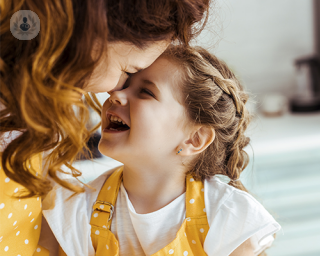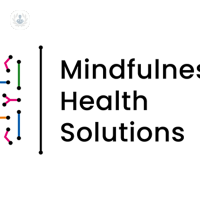Childhood depression
Depression in children and teenagers is relatively common – 1 in 4 young people have experienced by the age of 19. However, it can often be difficult to detect and distinguish from the normal emotional changes that children and especially teenagers go through. Spotting the signs early and helping your child get treatment will minimise disruption to their life.

What are the symptoms of depression in children and teenagers?
Symptoms can include:
- difficulty with sleeping
- difficulty concentrating at school
- loss of interest in the things they used to enjoy
- being withdrawn – not joining in with family or friends
- changes in appetite
- being indecisive
- irritability and grumpiness
They might also tell you that:
- they have low self-confidence or feel worthless
- they are tired all the time
- they feel empty or numb
- they feel ill all of the time
Older children may start to use alcohol or drugs.
Some of the strongest indicators of depression are self-harming or having thoughts about suicide.
These symptoms might only be apparent some of the time, depending on the severity of your child’s depression. Severe depression is likely to have an impact on their involvement and performance at school.
How is depression in children diagnosed?
If you’ve noticed these symptoms for a while (longer than two weeks) or a conversation with your child has made you concerned, you can make an appointment with your GP. The GP may refer your child to a local mental health service.
Diagnosing depression involves talking about the symptoms your child is experiencing and how long they have had them for. There are no specific medical tests to diagnose depression.
What causes depression in children?
The causes of depression in children are similar to in adults – it can be a combination of genetic and environmental factors.
Some of us are “predisposed” to depression and have a family history of it. This does not necessarily mean we will develop depression ourselves, but we may be more likely to develop it in combination with difficult life events.
Among children, life events that may trigger depression can include:
- family problems such as divorce or domestic abuse
- sexual abuse
- bullying
- bereavement
How is depression in children treated?
Treatment for depression can include antidepressant medication and psychotherapy, depending on the severity of the child’s condition. The mental health team, composed of psychotherapists and counsellors, might initially recommend psychotherapy on its own or medication, then a combination of the two if treatment hasn’t worked. During this time, you will be given advice on what you can do to support your child and help them recover.












